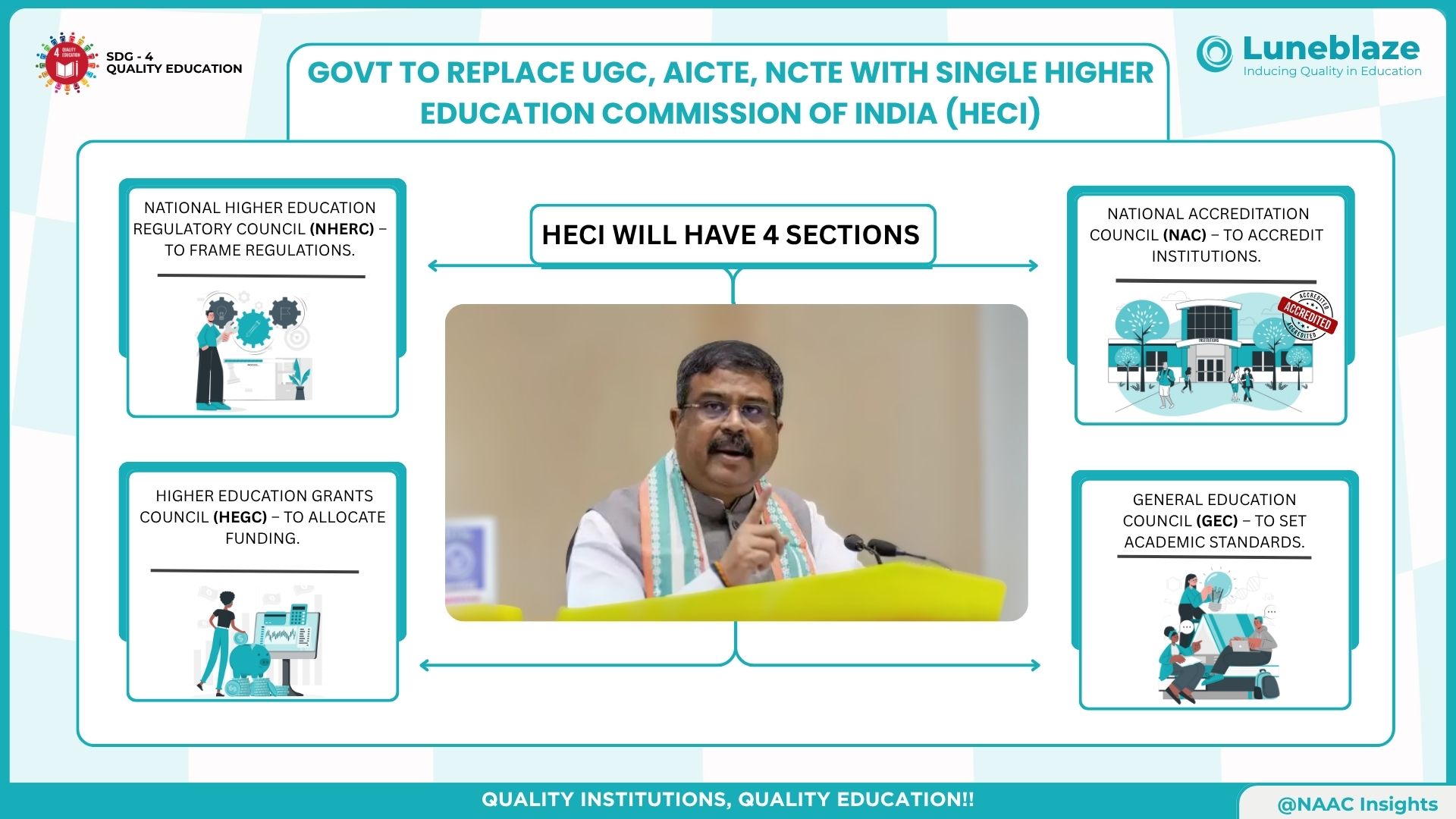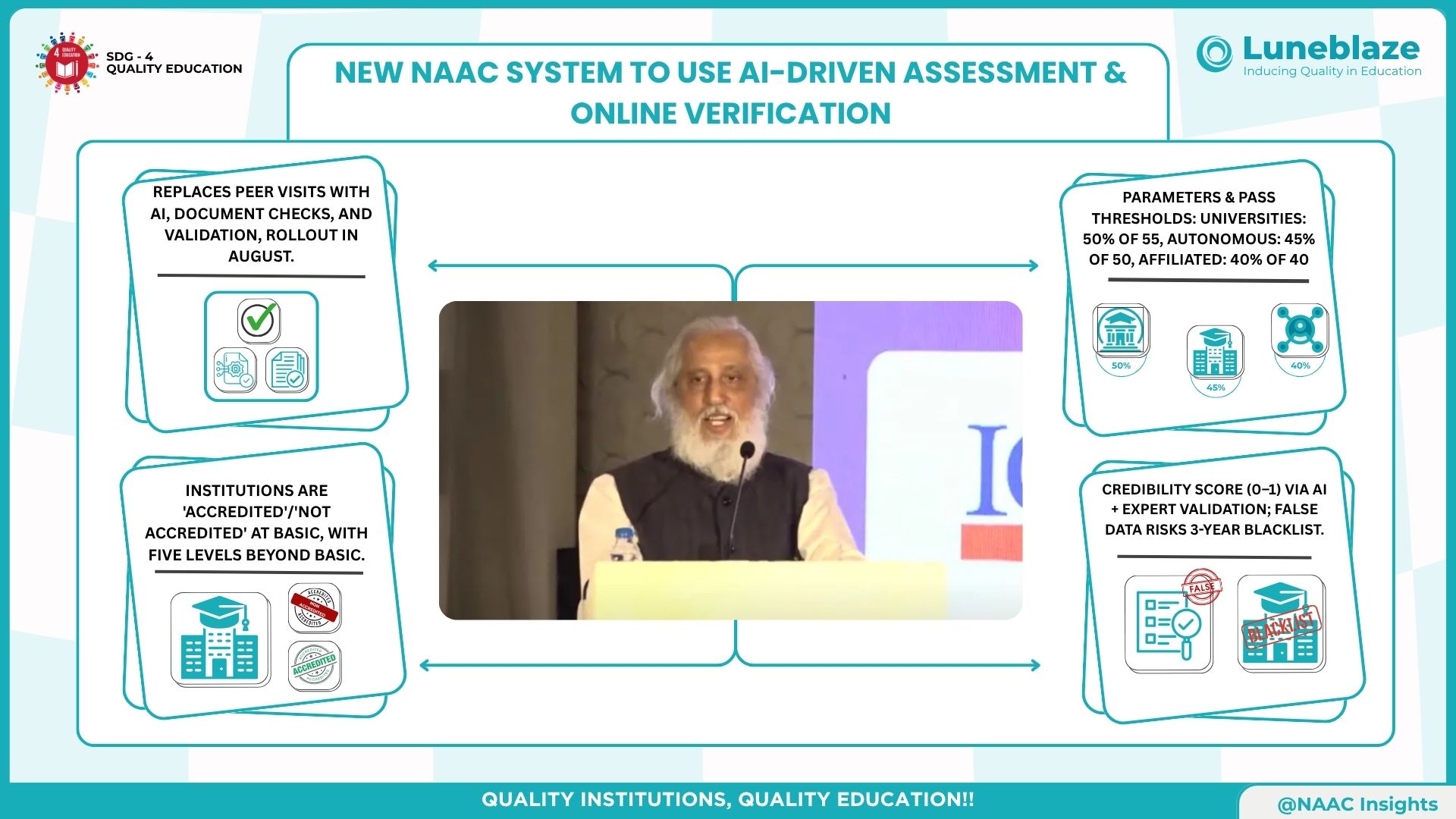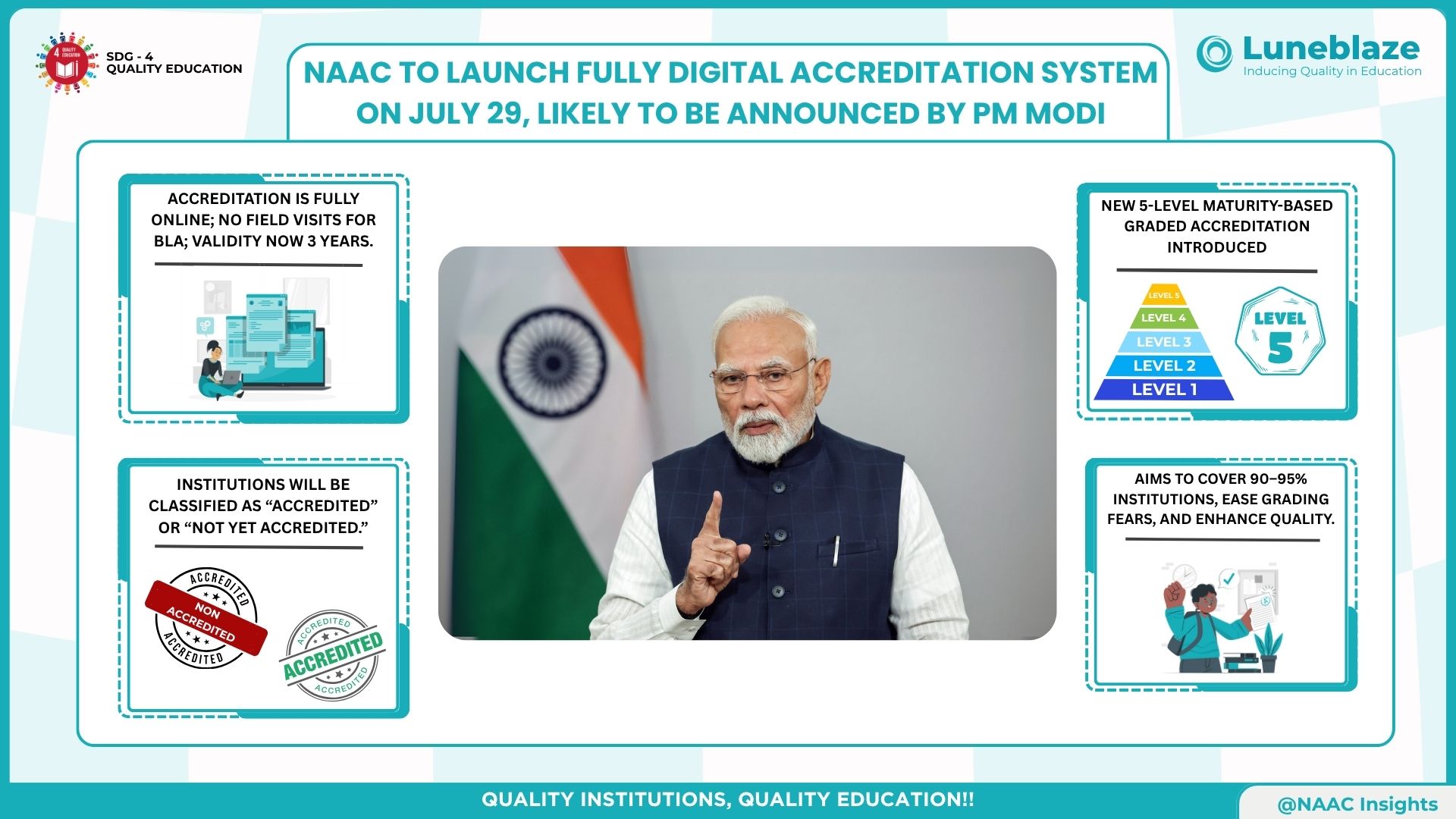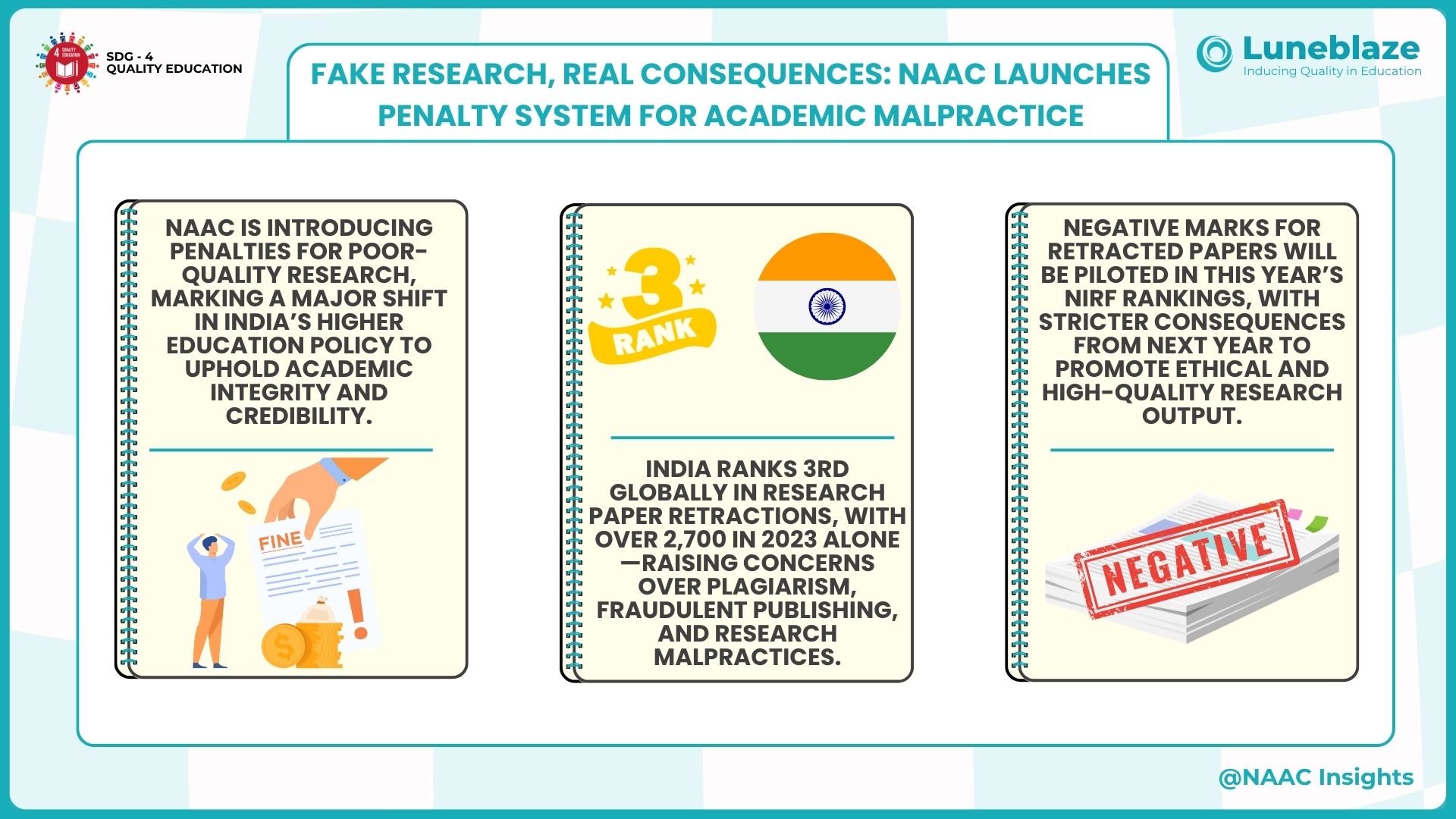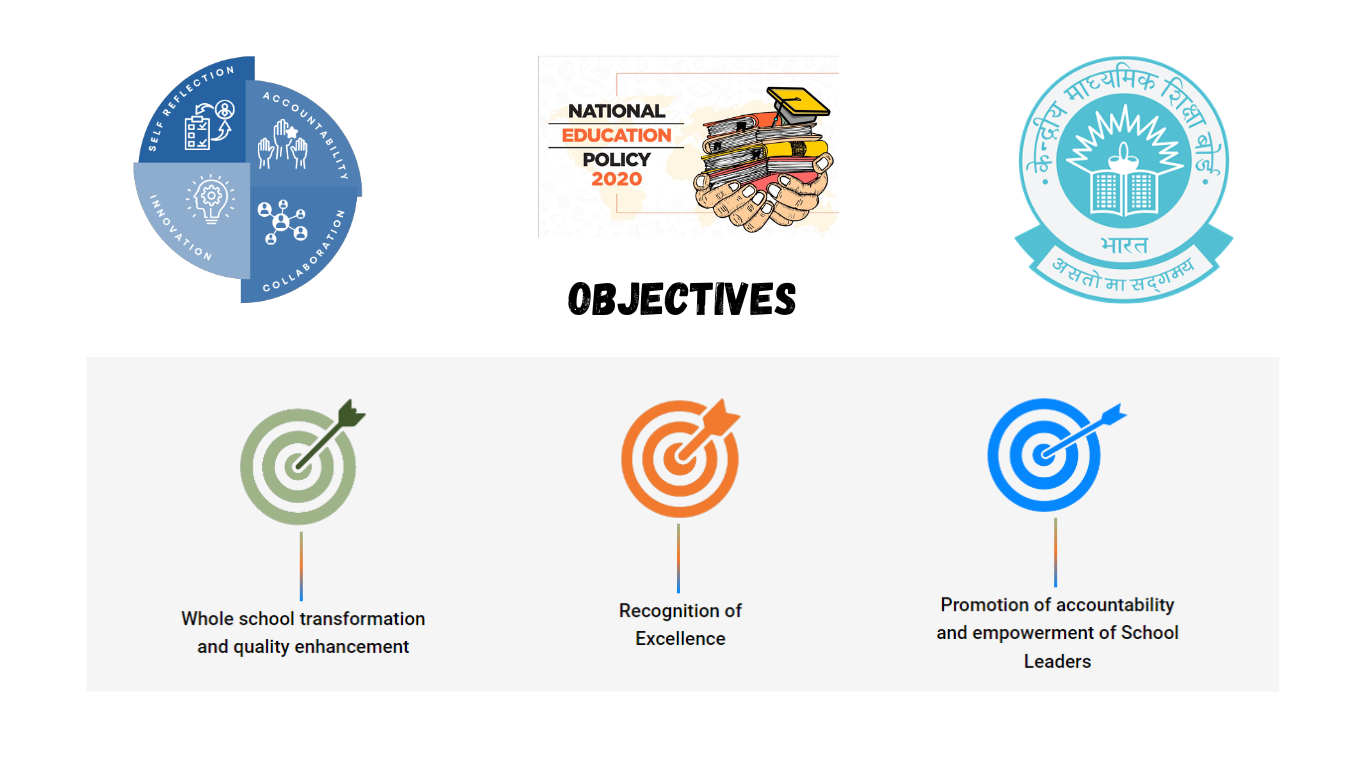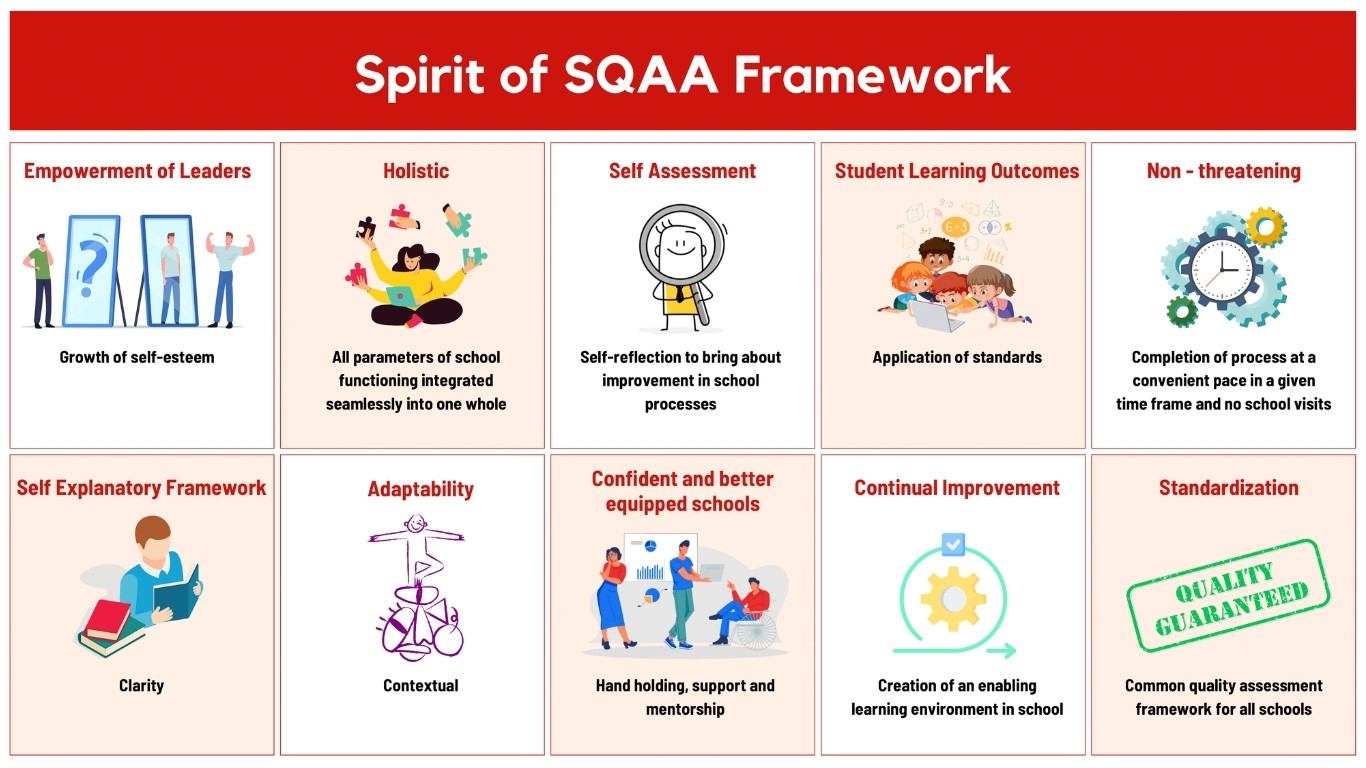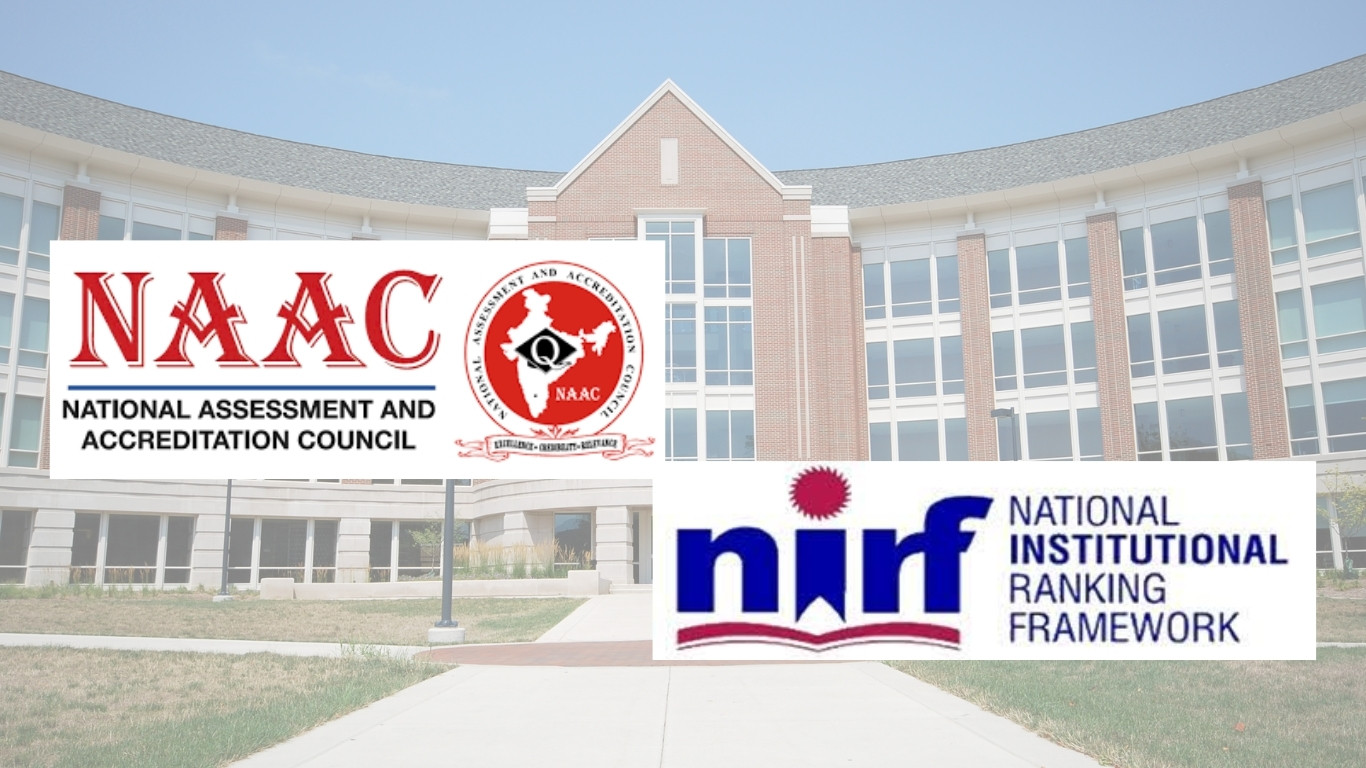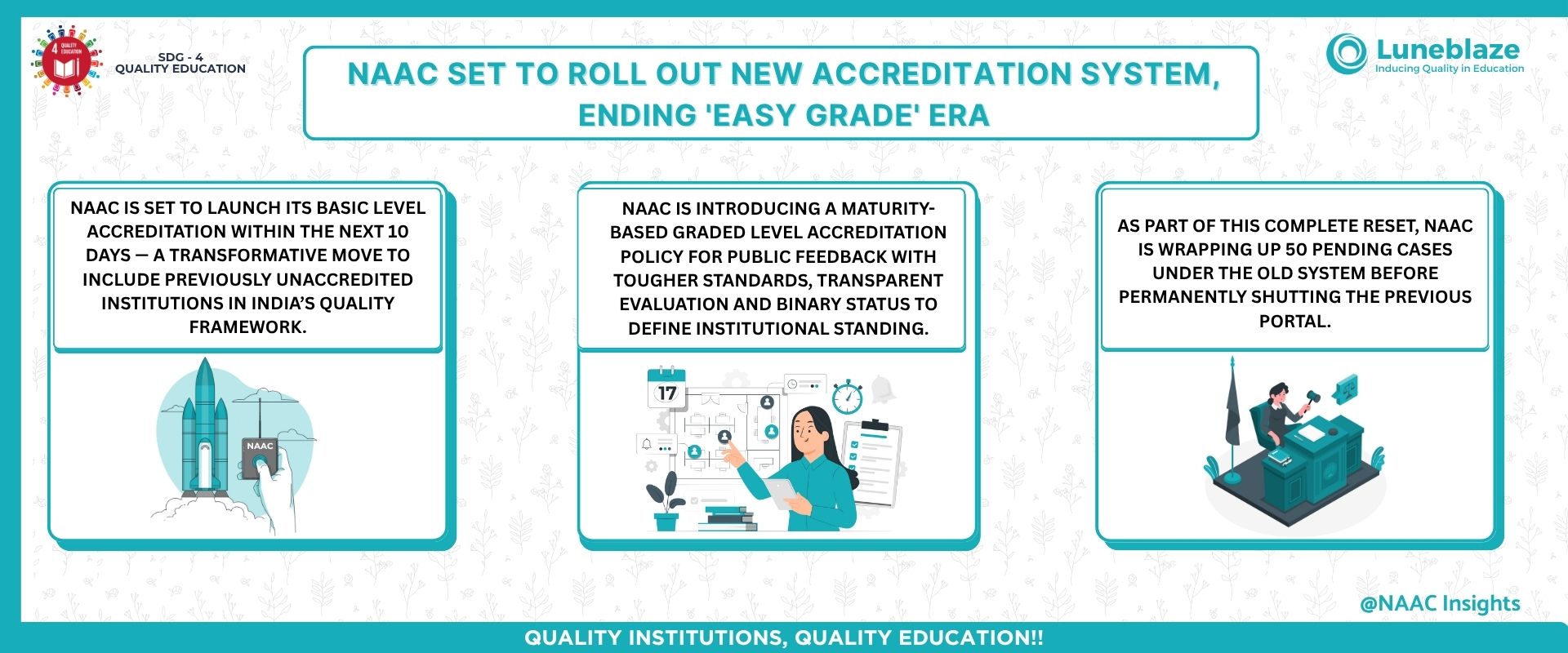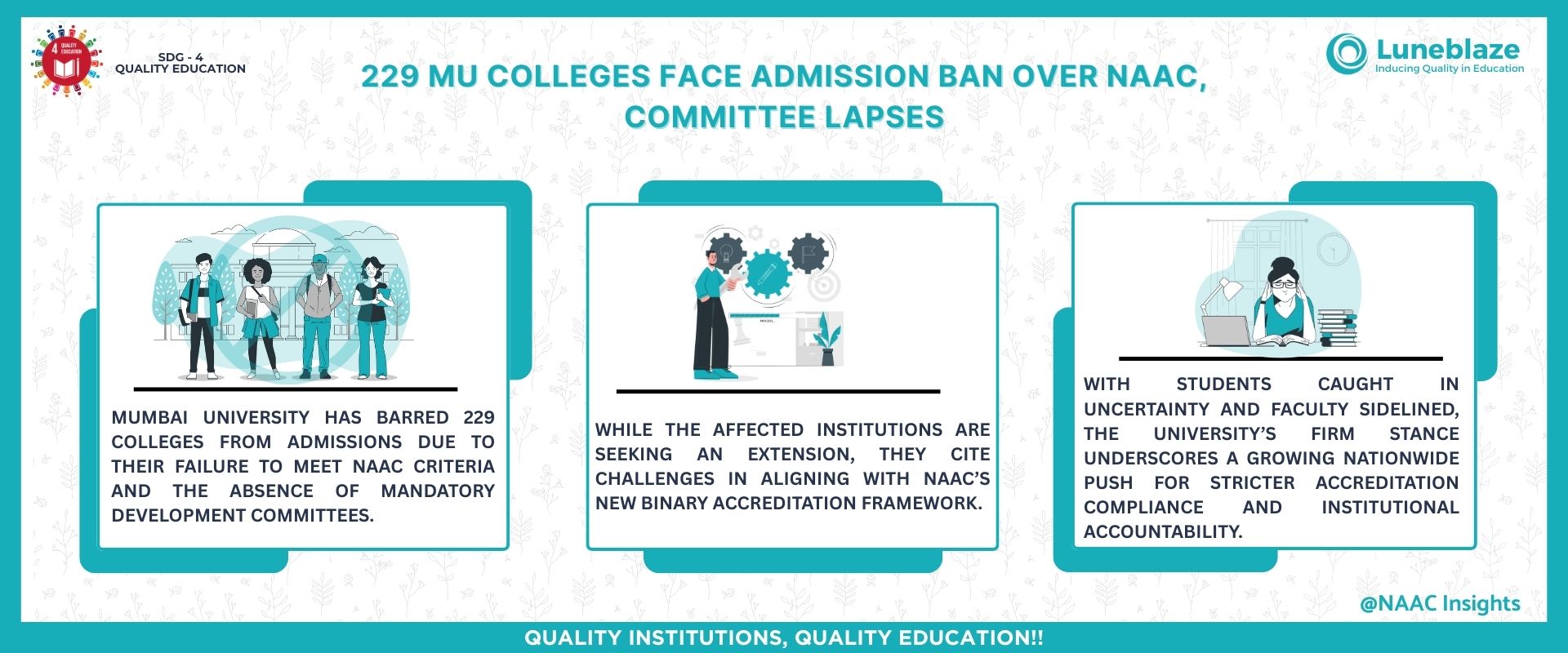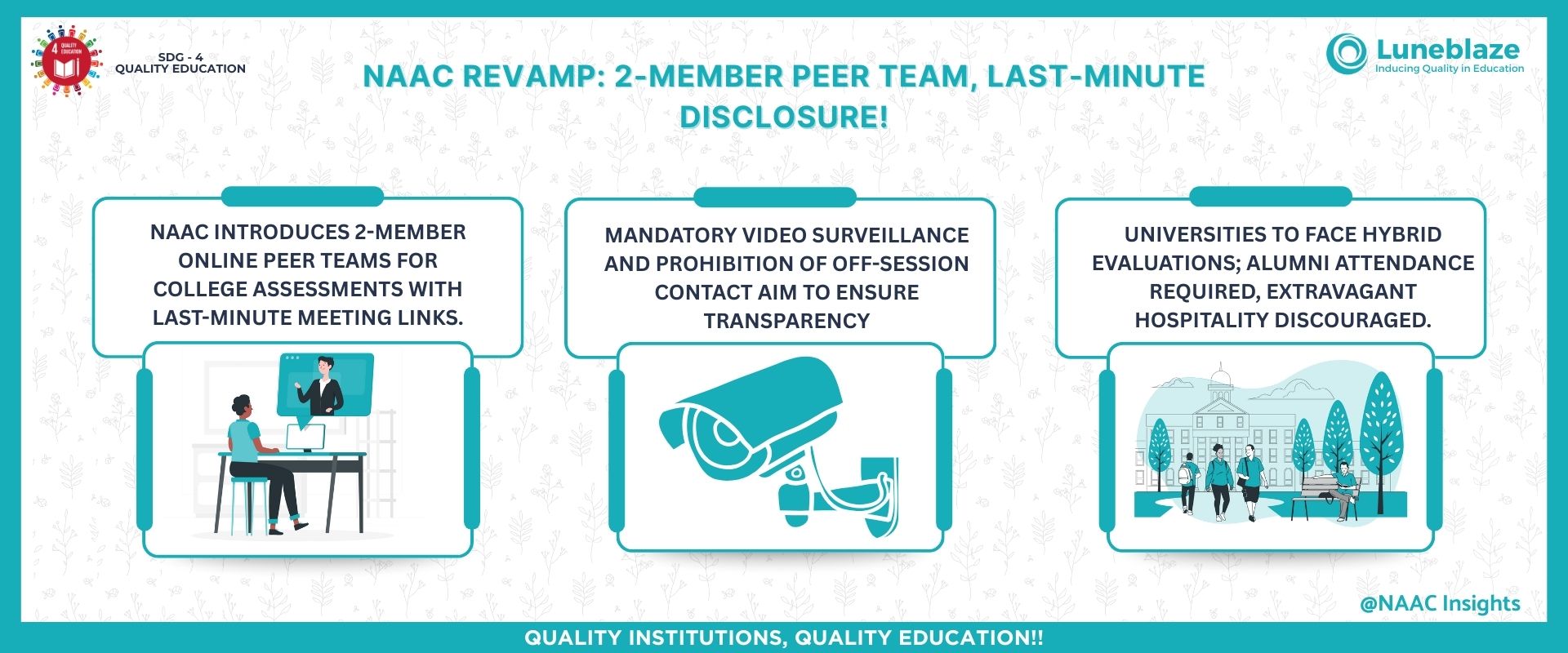CBI Books 35, Including Senior Officials, in Major Medical College Corruption Case
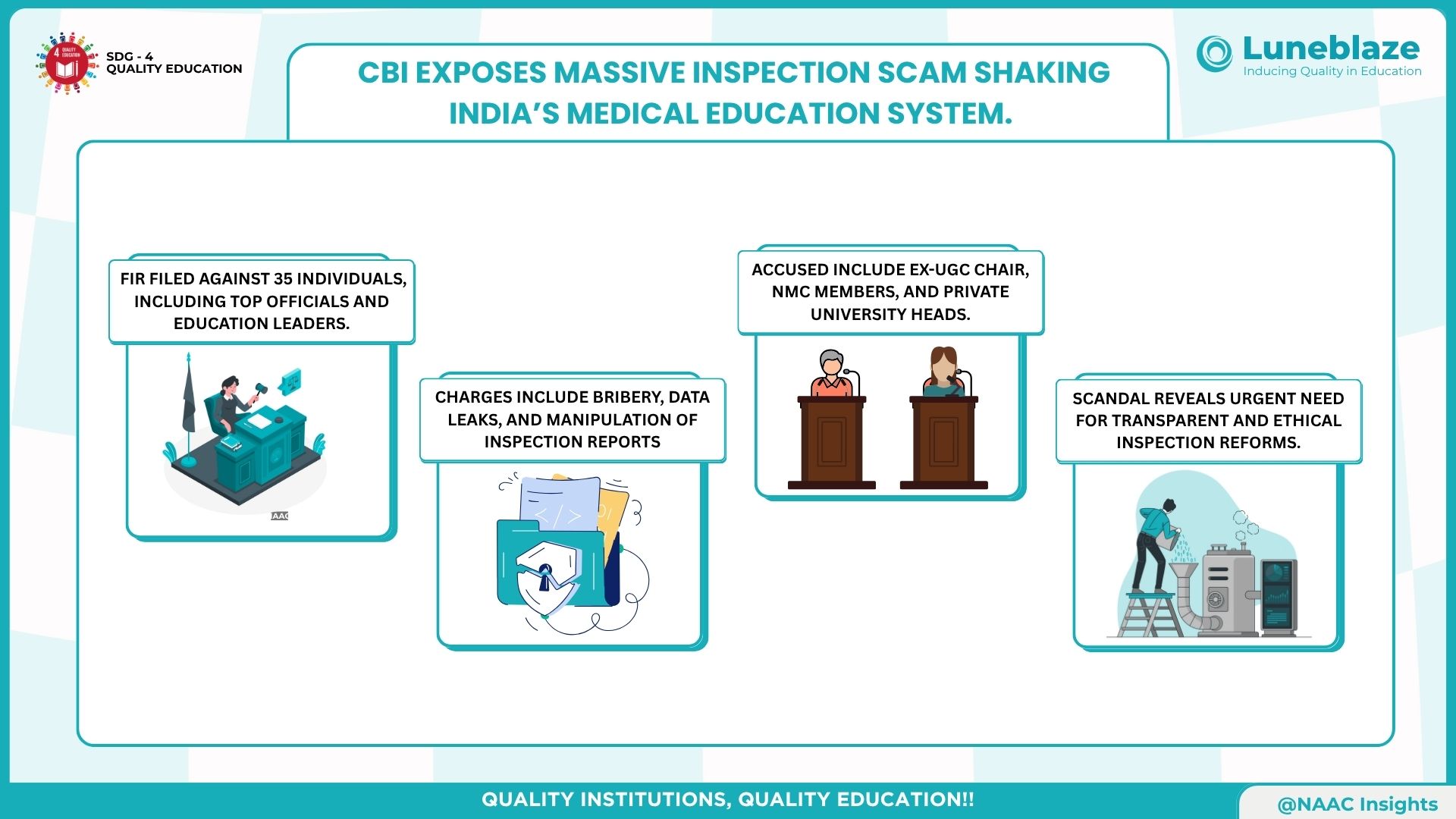
Jul 12, 2025
In a significant development highlighting the ongoing challenges in India’s higher education regulatory system, the Central Bureau of Investigation (CBI) has registered a case against 35 individuals, including government officials, regulatory members, and private medical college representatives, for their alleged involvement in a corruption and conspiracy case related to the inspection of private medical institutions.
The First Information Report (FIR), registered by the CBI on June 30, 2025, and made public on Thursday, details a web of corruption involving intermediaries and senior officials across various educational and regulatory bodies.
Allegations and Charges
According to reports, the accused have been booked under Section 61(2) (criminal conspiracy) of the Bharatiya Nyaya Sanhita (BNS) and Sections 7, 8, 9, 10, and 12 of the Prevention of Corruption Act. The charges primarily relate to the unauthorized sharing of confidential regulatory information, manipulation of statutory inspection processes, and the exchange of bribes to influence outcomes in favor of certain private medical colleges.
The FIR states that this was part of a “deep-rooted criminal conspiracy” designed to compromise the integrity of mandatory inspections that private medical institutions are required to undergo. These inspections are crucial for ensuring compliance with quality and safety norms in medical education and infrastructure.
Notable Individuals Named
Among those named in the FIR are several high-profile individuals, including:
Dr. DP Singh, Former Chairperson of the University Grants Commission (UGC) and Chairman of the Tata Institute of Social Sciences (TISS)
Mayur Raval, Registrar of Gitanjali University
Ravi Shankar Ji Maharaj, Chairman of Rawatpura Institute of Medical Sciences and Research
Suresh Singh Bhadoria, Chairman of Index Medical College
The inclusion of such senior figures in the investigation underscores the scale and seriousness of the alleged misconduct.
Scope of the Irregularities
As per the FIR accessed by Hindustan Times, the corruption was systemic and extended beyond isolated acts of bribery. The CBI alleges that classified regulatory information was illegally shared with select institutions prior to inspections, enabling them to manipulate outcomes in their favor. Furthermore, some inspections were reportedly carried out only on paper, with fabricated compliance reports and falsified infrastructure audits.
This manipulation not only compromised the credibility of India’s medical education system, but also posed a serious risk to the quality of education and training received by future medical professionals.
Wider Implications for Higher Education Governance
The case has sparked a renewed call for transparency, integrity, and accountability in India’s higher education governance, especially within medical and professional institutions. As the National Medical Commission (NMC) and Union Health Ministry come under scrutiny, experts emphasize the need for robust oversight mechanisms and digital inspection systems that minimize human interference.
In recent years, the government has taken several steps to enhance regulatory efficiency and curb malpractices in educational inspections. However, this case serves as a stark reminder that corruption risks remain embedded in legacy systems and require continued reform.
CBI Investigation Underway
The CBI has reportedly begun conducting searches and interrogations to gather further evidence. With 35 individuals named and more potentially involved, the investigation is expected to unfold over the coming months.
Legal experts note that convictions under the Prevention of Corruption Act carry significant penalties, including imprisonment and fines. If the allegations are substantiated, the case could serve as a landmark in India’s fight against corruption in education.
Conclusion
This developing case underscores the critical need for transparent and ethical governance in higher education. As India positions itself as a global education hub, trust in institutional processes is paramount. The education community, policymakers, and citizens alike will be watching closely as the investigation progresses, hopeful that accountability will pave the way for systemic reform.
Source:[Hindustan Times]
Trusted by
100+
Institutions
worldwide
since 2017
Get started with Accreditation Excellence
Explore how our AI-enabled accreditation solution simplifies the accreditation journey

